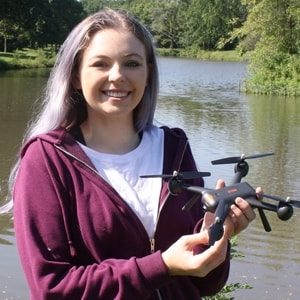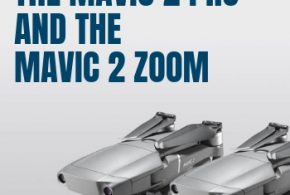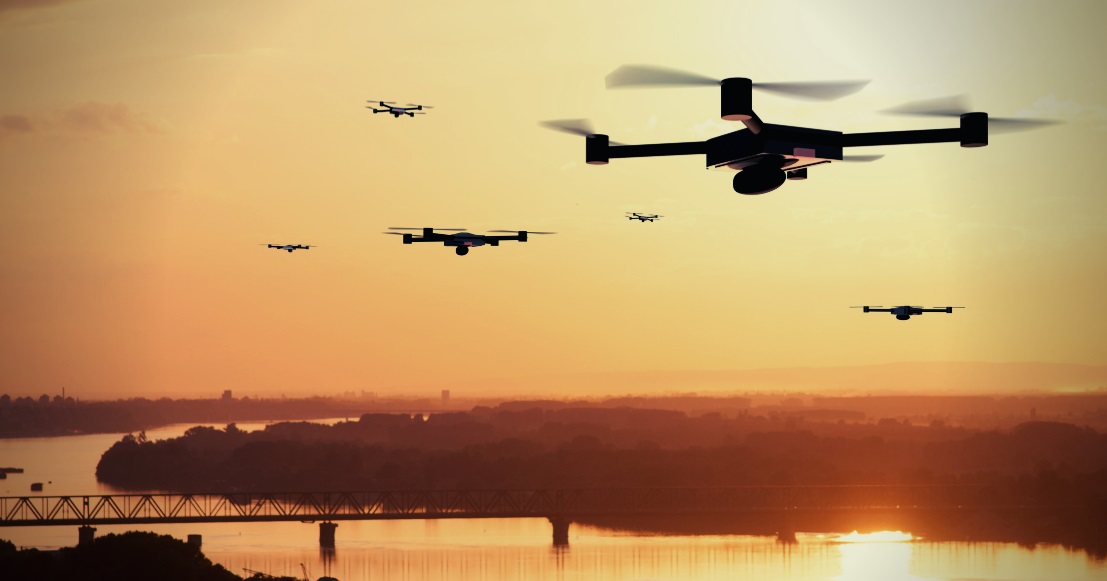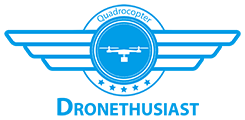New FAA Rule for Tracking Drones
![]()
The Federal Aviation Administration (FAA) is adding more rules regarding drone regulation to take effect within the next few years. The latest addition would allow the government to track nearly all drones that fly in the United States.
The FAA expects drones in the U.S to comply with this new rule within three years and will require drones to use a remote ID system, making it possible for third parties to track them. This measure is to help law enforcement identify unauthorized drones that may pose a security threat.
Law enforcement and homeland security agencies have been demanding a tracking rule in response to the growing number of drone threats. These include a handful of close calls that halted airline flights near airports, collisions with other aircraft, or use of the devices by terrorists around the world.
On the other hand, this new rule could allow for wider adoption of commercial drone use. It would be a milestone for drone delivery especially at companies such as Amazon, Uber, and Google’s parent company, Alphabet. These businesses are racing to utilize unmanned aircraft to save on costs and delivery time.
There has been some amount of concern regarding this new tracking implementation, especially amongst recreational drone operators. While most industries recognize the need for some type of drone tracking system, recreational fliers have concerns about government monitoring the public.
![]()
Once the rule goes into effect, if a drone operator wants to operate freely, they must broadcast their identity on a radio frequency that can be monitored nearby, and simultaneously upload the information onto via the internet. This is so other nearby drones and aircraft can steer clear and local police could identify rogue operators.
The FAA would allow users to choose a more limited option of uploading the information to the internet only but would be restricted to flying only within 400 feet of the operator.
There are limited exceptions to this for groups such as model-airplane operators, but all drones weighing more than .55 pounds would be required to follow the FAA’s proposal.
Other criticisms have come from across the country including Jonathan Rupperecht, a Florida based lawyer who specializes in drone and aviation cases. He points out that the FAA rarely prosecutes violations of drone regulations and suggests focusing on locations that need protecting, instead of creating an unwieldy tracking system.
There have been more than 8,700 reports received by the FAA of drones flying in prohibited areas or in an unsafe manner. During the warmer months, reports grow to nearly 200 per month. While most reported incidents are minor, these large numbers show that some drone users are ignoring the rules.
Another push for this rule is the growing fear of drones being used as terrorist weapons. FBI Director Christopher Wray warned lawmakers last year that drones are posing a steadily escalating threat.
This proposal wouldn’t take effect for three years once finalized, so commercial operations won’t be possible until then. However, this added regulation could lead to the added safety of drone operators across the country and civilians.
What do you think of this new rule the FAA has proposed? Will it help or hinder drone usage in the United States? Let us know in the comments!






Not a problem for me
The government is claiming they need to monitor me in order to protect me. This is nonsense, just like every other time they do it. Criminals and terrorists are not going to abide by the rules because they are criminals. This means the police or “third parties” (whatever that means) will be monitoring only the law abiding citizens. This seems very obvious – and unnecessary.
Exactly right! Analogous to gun laws, only applies to the law abiding citizen and does nothing to hamper criminal activity.
It all comes down to cost. How much it costs a recreational pilot to comply will determine how many pilots will continue to be legal pilots.
From a technical standpoint, it is not practical to require an internet connection before takeoff, which is how I understand the proposal. Think about how many times you have “zero bars” on your phone. If that happens to your plane where you like to fly, you couldn’t legally fly there.
I’m OK with broadcasting an ID, but I think requiring a subscription service is too much and too restrictive with very little real-world benefit to society.
Im with you scott sabin.
From what I recently viewed on you tube, it’s speculated that new drones would likely have a slot that would contain a sim card just like our cellphone issued by the FAA to qualifed drone pilots that would broadcast the drone’s flight over the internet, or a gps locator. Contains info about what’s required. There are lots of violators postings on u tube who frequently violate FAA rules by flying drones out of sight testing how far they can really go etc. It did help to convince me to buy recently that I have been holding off for years even if I still have a fleet of larger remote controlled helicopters that I have grounded lacking the license and safe places to fly them.
May 22, 21. Time 0933. Temp 67
Question to anyone? Does a Geofenced unit, mean that the aircraft will Not Operate in “Fenced” areas at all,meaning function due to a software issue. Or exactly What?
Sorry,Why? Not relevant to the topic?